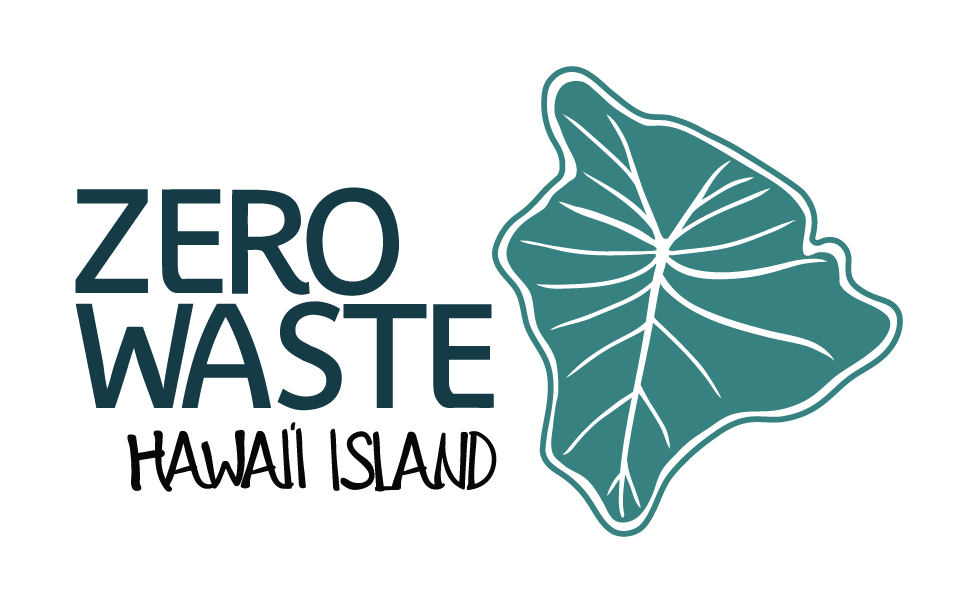Perpetual Reuse in Hilo Newsletters
“Perpetual Week” Yields Feedback from Community on
Upcoming Reusable Foodware System in Hilo
During the week of October 23, Perpetual, alongside Zero Waste Hawaiʻi Island (ZWHI), the Circularity Informatics Lab (CIL) from the University of Georgia, and other esteemed volunteers, met with more than 275 participants in Hilo to gather feedback on the design of a new reusable foodware system for Hilo. Feedback was gathered through interactive workshops that were advertised broadly throughout the Hilo community and open to the general public. Participants included business owners, political representatives, houseless and underserved individuals, high school and college students, faculty and staff, and families in communities that are densely populated by Native Hawaiians.
Prior to soliciting feedback, the Perpetual team, who flew in to Hawaiʻi to conduct in-person surveys, underwent a 3-hour long cultural training on the history of Hawaiʻi’s social, political, and economic climate. Individuals from the Perpetual and ZWHI teams were also invited by a beneficiary of the Hawaiian Homelands Commission Act of 1921 to show support for Mālama ka ʻĀina, Hana ka ʻĀina (MAHA), a community organization in the “Kings Landing'' Area of coastal Hilo, dedicated to the rehabilitation of kānaka maoli, in the form of self-determination, ʻohana sovereignty, community self-governance, and subsistence and ʻāina. As individuals employed or funded by sustainability-based organizations, the group sat-in to the meeting in support of environmental stewardship and the holistic rehabilitation of Native Hawaiian people, as led by indigenous community leaders. To learn more about MAHA and their honorable work, visit www.malamakaainahanakaaina.com.
Multiple workshops and events took place, including:
Tuesday, October 24:, A full-circuit survey was set up outside of the Edwin H. Mookini Library on the University of Hawaiʻi at Hilo campus, where iced tea, water, lemonade, and pizza from the Hilo Pizza Company were served to students, faculty, staff and community participants.
Wednesday, October 25: The same full-circuit survey was set-up at the Mooheau Bandstand to gather feedback from the tourist, farmer’s market, houseless, and underserved populations in the downtown Hilo area. This event featured cookies from the Pāpaʻa Palaoa bakery, musubi and bento-style foods from Kawamoto Store, and sandwiches from the local Safeway.
Thursday, October 26: A partial circuit was set up for the students, faculty, and staff of Hawaiʻi Community College (HawCC), featuring sandwiches and cookies made by HawCC Culinary Arts students, coconut water from The Locavore Store, and homemade māmāki tea.
Friday, October 27: A full-circuit survey was presented to a small group of Hawaiʻi families, featuring Stew Lūʻau from the Kalauli ʻOhana and paʻiʻai that was kuʻi-ed by the Kanui ʻOhana, to whom ZWHI is indebted for their coloring book contributions and their work in facilitating the kuʻi kalo stations alongside their beloved keiki aloha. Note: As seen in the previous newsletter, it is culturally significant to honor the foods that were shared, along with the names of the people and families who shared them.
Saturday, October 28: In front of the East Hawaii Cultural Center, the Team (in costume!) made a brief subset of questions available to families attending the Kalākaua Park Halloween festivities.
Reusable cups, plates, and bowls from ZWHI and Perpetual’s dish library were utilized at each event and washed/sanitized daily by esteemed volunteers. Two fact-finding meetings were also held during the week. Perpetual and ZWHI met with representatives from The Food Basket, Inc. as well as with Hilo High School's principal and two faculty members.
Of the participants surveyed during the week, a majority agreed that they would prefer to use durable dishes over single use ones, and general support of reuse in Hilo was expressed. The interactive survey included an educational portion where participants were able to learn how a reusable foodware system works. The question portion asked about user experience of current take-out models, frequency of take-out, location of consumption (at home, in the car, etc.), material preference (glass, stainless steel, plastic, etc.), return bin locations, and about other topics of system design. Rather than simply “checking a box,” participants were prompted to “vote” with beans in a jar or by placing fun stickers and pins on a map; and there was also the opportunity to provide written feedback.
Our team is diligently analyzing the valuable input and data gathered during these engagement events. Stay tuned for the upcoming newsletter, where we'll unveil the insights gained and the outcomes achieved. Your community input is instrumental, and we're channeling it into a comprehensive system design document. This document will be circulated among stakeholders for further input, ensuring a collaborative and refined approach.
In addition to providing locally-sourced food for every participant at each event, Perpetual, with the support of the Plastic Solutions Fund, honored the time and efforts of low-income participants by distributing more than 116 $40 cash gifts to community members who self-identified that they were in-need of financial assistance (based on a set income level).
At Friday’s Kuʻi and Kani event, invaluable feedback was given to suggest that the teams do more to bridge the gap between zero waste initiatives and the Native Hawaiian community by highlighting Puʻuanahulu as a wahi pana (significant place), by hiring local (indigenous) influencers to generate educational material on how to use the system, and by employing and engaging more Native Hawaiian leadership in our endeavors; we are now working to secure funding toward those recommendations.
ZWHI plans to engage those who expressed interest in the "Eat ʻĀina" (EA) Work Group, and will continue to solicit community input virtually via the online survey put together by the Perpetual team. To learn more about the survey, visit www.zerowastehi.org/reuse.
